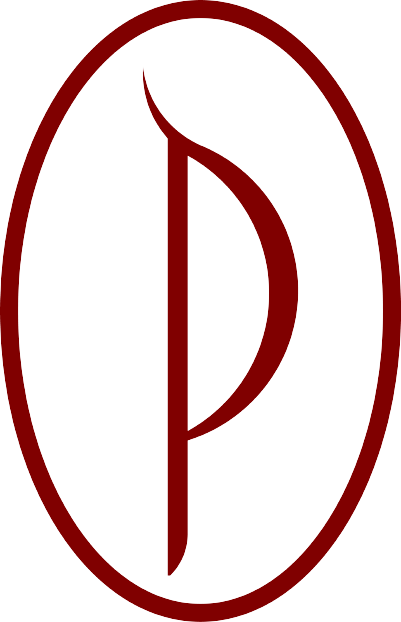In the past, soft skills were often overlooked in favor of hard and tangible skills. Soft skills encompass a set of abilities that improve the behaviour and personality of individuals or employees, initially categorized as stress-busters and motivational sessions. However, with time, corporate organizations have come to recognize the significant contribution of these skills to an individual’s life and society as a whole. This blog explores the transformative power of soft skills in turning an employee into a true professional.
Some of the essential soft skills required by individuals or employees to become successful in the corporate world are:
Grooming: The First Impression Matters
Proper grooming plays a crucial role in soft skills as it reflects an individual’s personality. During an interview, appearance and clothing are often evaluated before showcasing one’s skills. Dressing in clean and well-ironed clothes with appropriate footwear conveys a keen interest in working for the organization. However, on the other hand, improper attire of an individual can give the impression of carelessness and irresponsibility in front of the interviewer.
Mental Flexibility: Embracing Change
Mental flexibility, also known as adaptability, demonstrates an individual’s confidence in accepting and adapting to changes. Being open-minded allows professionals to quickly learn and apply new methods and technologies introduced in the workplace. For example, when a company implements new software, procurement executives must exhibit mental flexibility to adapt and excel in using the new system.
Resolving Conflict: Promoting Harmony
Conflict resolution is a crucial aspect of soft skills as it fosters peace and decorum within an organization. Resolving problems involves understanding the root cause without rushing to judgment. Active listening and considering different viewpoints before reaching a conclusion are essential for an employee to succeed in their career. Effective conflict resolution ensures a harmonious work environment and strengthens professional relationships among other employees.
Teamwork: Collaborative Success
No organization can thrive without the collective efforts of its employees. Strong teamwork is a key determinant of an organization’s success, starting from the planning phase to execution. Each team member’s contribution matters, and when everyone fulfils their responsibilities, work progresses smoothly.
Leadership: Guiding and Empowering Others
Leadership encompasses taking the initiative, assuming responsibility, and respecting team members’ opinions and ideas. Effective leaders possess clarity of thought and help employees realize their full potential without being overbearing or underestimating their capabilities. By listening to concerns and suggestions, leaders create a supportive work environment that drives growth and success in the organization.
Effective Communication: The Power of Expression
A productive organizational environment relies on effective communication channels. Effective speaking skills are vital to conveying ideas and fostering better understanding between employees or individuals. Soft Skills Grooming required by Employee or Individual to Excel in Career.
Conclusion
Protocol helps individuals or employees in becoming a professional with strong personalities by giving training on soft skills. These skills help professionals to build robust networks and foster effective interpersonal relationships, ultimately enhancing their potential and career performance in organizations. By consistently honing your soft skills, you will continue to grow and evolve both personally and professionally in your career.


Recent Comments